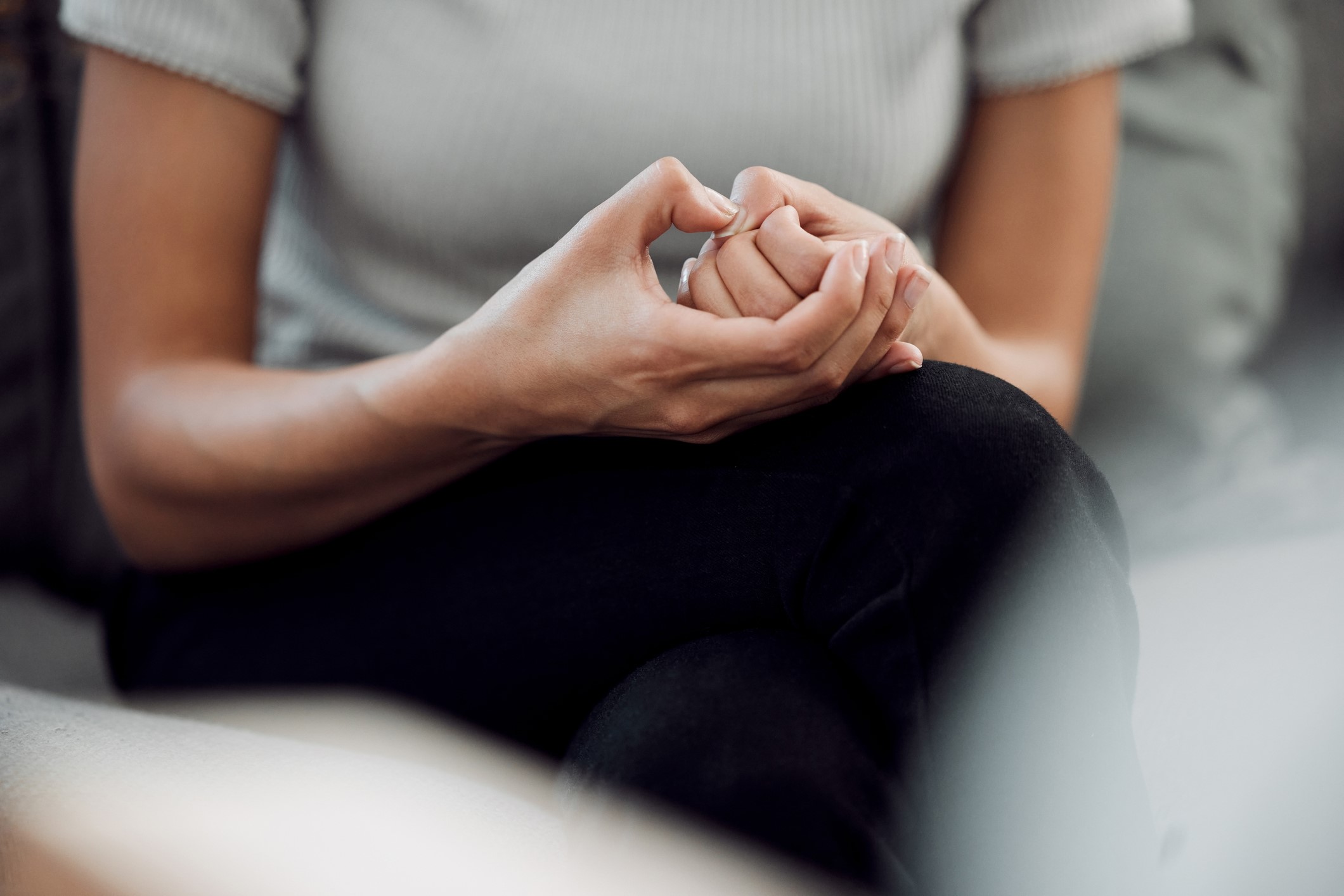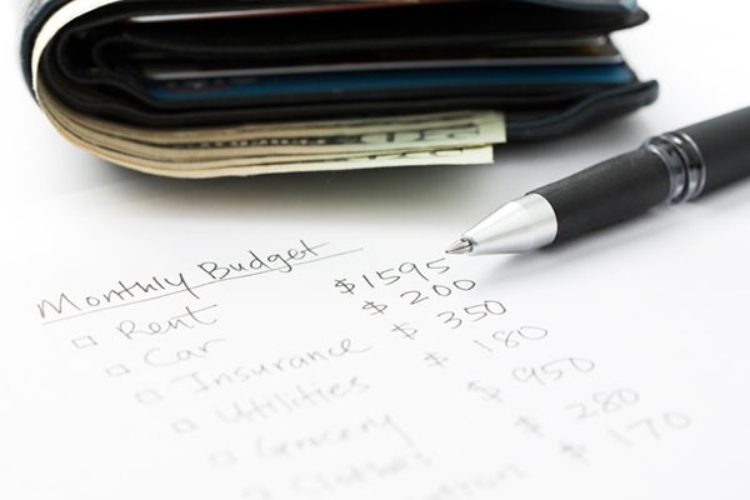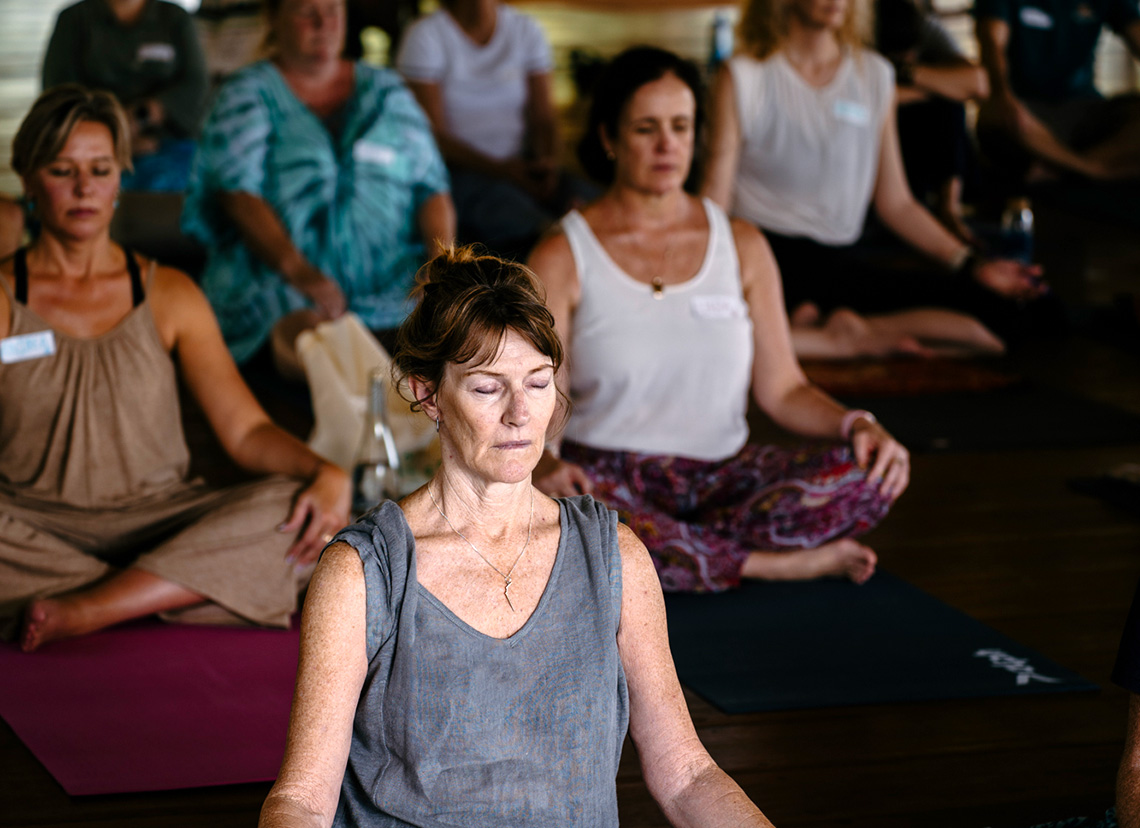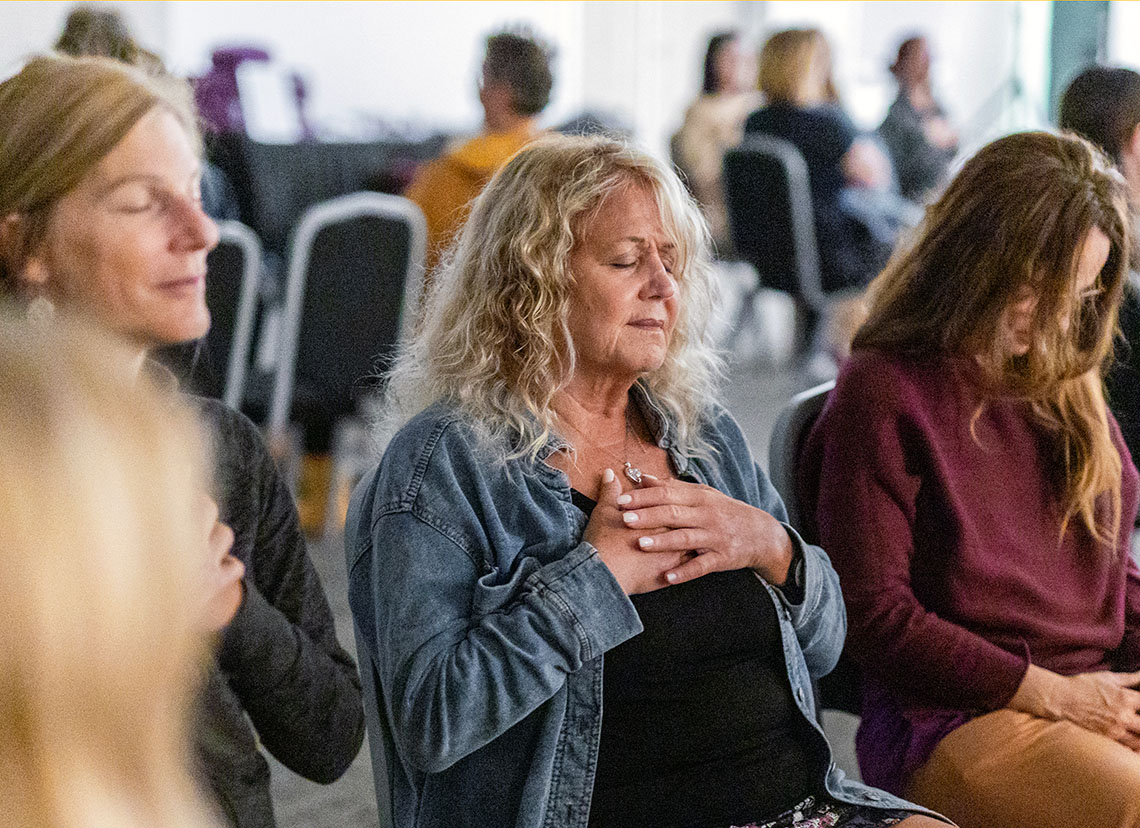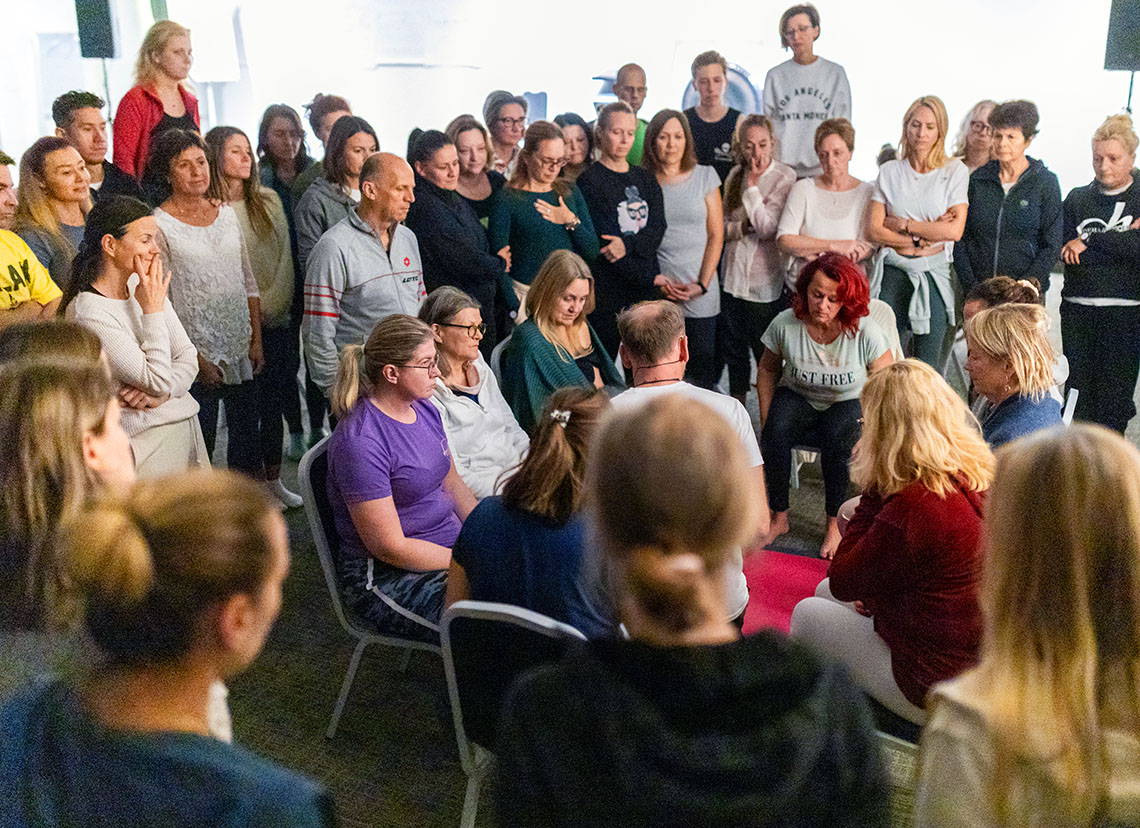As we move to a more inclusive society, there is an increasing awareness of mental health issues. One of the most common diagnoses is anxiety.
At some stage, we have all experienced anxiety. Exams, a big presentation, starting a new job or moving home can all trigger feelings of nerves and make us feel anxious. This anxiety is usually short-term and passes as soon as the event is over.
Those experiencing an anxiety disorder, however, find it debilitating. They cannot function properly when they experience something that triggers their anxiety. Anxiety triggers range from perfectly understandable circumstances to unidentifiable triggers that may leave those who don’t experience anxiety wondering what’s happening.
Whether you live with anxiety or you want to better support a friend or loved one living with anxiety, here are the top ten triggers in no particular order, with some suggestions of how you can help.
1. Living/working in a messy environment
Decluttering living and workspaces is vital to calm and peaceful living. In chaotic environments, those living with anxiety can feel like they are no longer in control. The problem is they cannot sort out the mess themselves due to the debilitating effects of anxiety.
How to help: Have a family member, friend or carer help put things right so they are comfortable in their living and working environment. Explain what is happening to your loved one and involve them in planning their new uncluttered space.
2. Social gatherings
For a person living with anxiety, social gatherings can be agonising. They may worry about what to say, whether they will enjoy the event, or be concerned about fitting in.
Often the prospect of a social gathering is so stressful someone experiencing anxiety may become ill or make an excuse to avoid the situation.
How to help: To ease them through, someone living with anxiety may need a person they can trust and who will reassure them that they won’t be left alone at the event. In many cases, people with severe anxiety might be happier if they could avoid gatherings where they are uncomfortable.
3. A major life event
Divorce in the family, an upcoming wedding, illness, a family death, or moving home are stressful events for anyone. However, to a person living with anxiety, it can lead to panic attacks and other anxiety-related behaviour.
How to help: Removing the person from the immediate scene of the activity helps manage stress. A professional can ease them through significant life events if this is impossible.
4. Caffeine
Yes, that shot of coffee can trigger an attack. Caffeine tolerance can vary from person to person. It is a good idea to reduce caffeine intake and see how it affects anxiety levels before working on the various other triggers.
How to help: Find new ways to socialise. Encouraging an anxious person to have another cup of coffee with you can quickly lead to an anxiety attack if their tolerance to caffeine is low.
5. Not sticking to a routine
A trigger for anxiety, particularly among children, is not proceeding to a plan. If they know breakfast is always at 7 am and you suddenly decide it’s a beautiful day and the child should come to the beach for a swim first, you may end up with an agitated child. Anxious adults, too, may not like having their plans disrupted without discussing the change first.
How to help: Explanation and reassurance of how things will play out are critical to curbing the anxiety trigger.
6. Disruption and noise
Few people thrive in a disorderly environment, but chaos can be a huge trigger for an anxious person. A classroom where some children appear to be out of control or living in a home with noisy siblings can put enormous stress on a person with anxiety and trigger episodes.
How to help: Teachers try to establish calm classrooms conducive to learning. Parents dealing with a disruptive child need to ensure that a particular child does not get all the attention.
7. A build-up of small stressful, or frustrating situations
In work or home situations, an outburst from an anxious person may not be in correlation to a particular event and may be the result of various minor frustrations. For a child unable to solve a maths problem, for example, stress may build up until, in a different class, just a word from another pupil or teacher about something unrelated may lead to an anxiety attack leaving everyone quite shocked as to the reaction.
How to help: It’s vital to communicate and make sure those living with anxiety are reassured and supported along the way.
8. Financial issues
Anxiety over financial issues is becoming increasingly problematic as inflation hits home. Economic anxiety triggers vary from person to person. Some may be relatively well-off but still experience anxiety.
How to help: Assist by sitting down and working out a plan to help an anxious person deal with their finances. Often, they will realise they can cope once everything is laid out in a step-by-step plan or budget they can follow.
9. Insomnia
Often anxious people may struggle to sleep or want to achieve high standards so they stay up late working. A lack of sleep can trigger anxiety as the body and mind fail to rejuvenate leading to a decline in physical and emotional health.
How to help: Help establish sleep routines that include limiting caffeine, sugary or spicy food and avoiding screens for at least an hour before sleep. Try a relaxing bath and lavender spray on bedsheets combined with calming music.
If you can eliminate or reduce anxiety triggers, life will be much calmer and the person living with anxiety will have a better quality of life.

